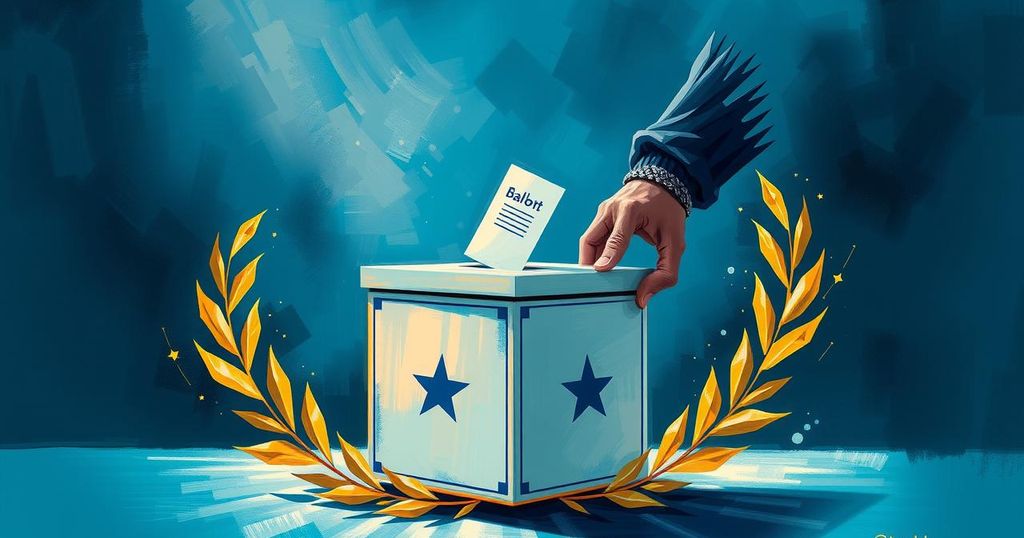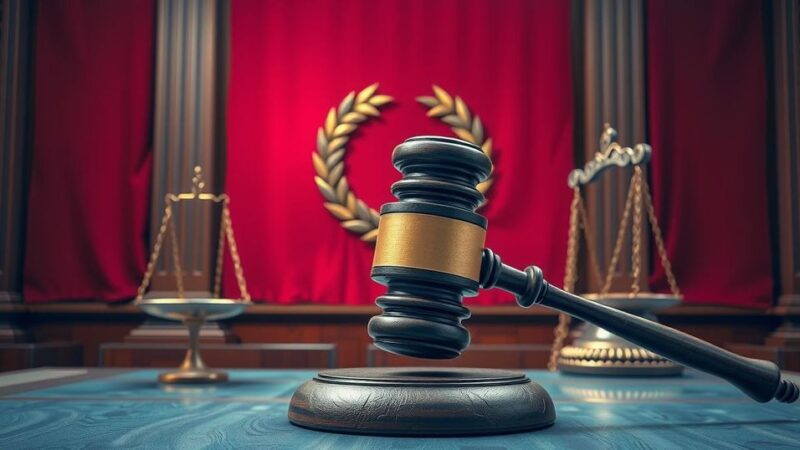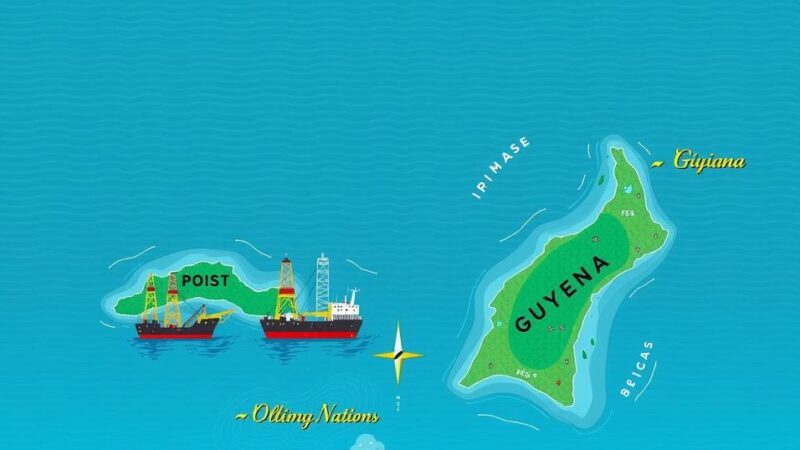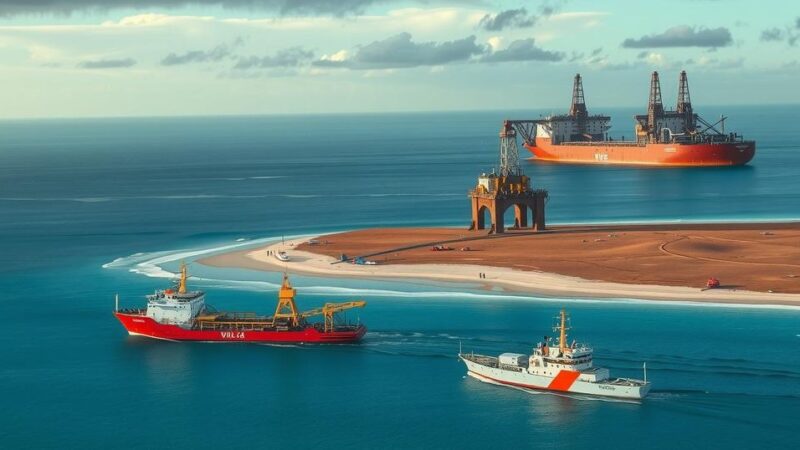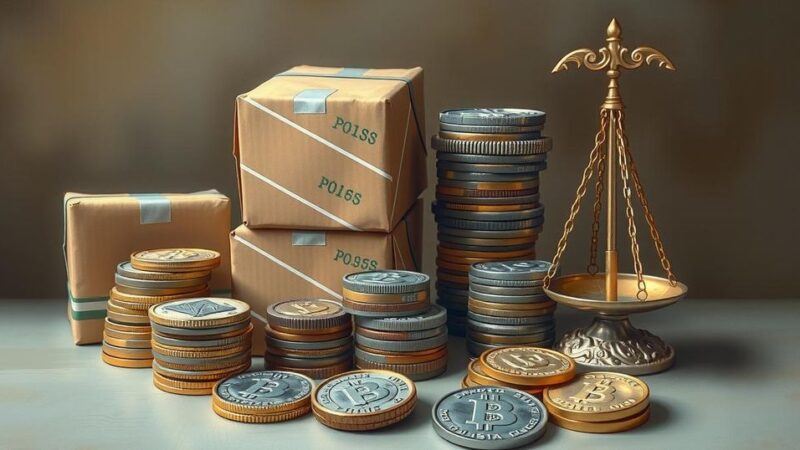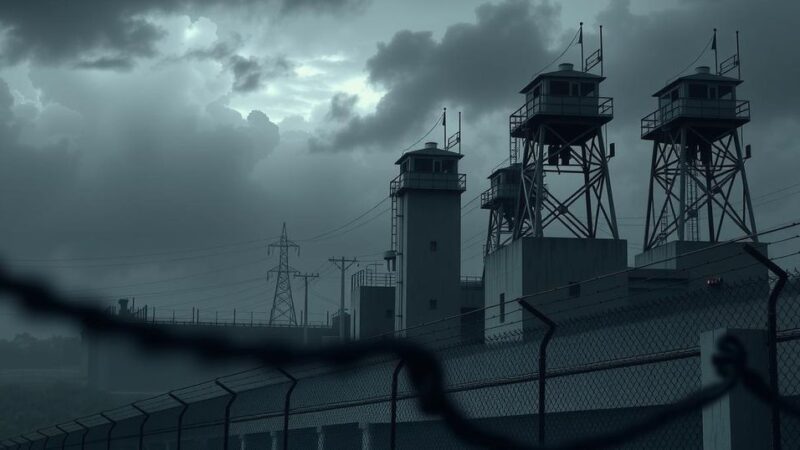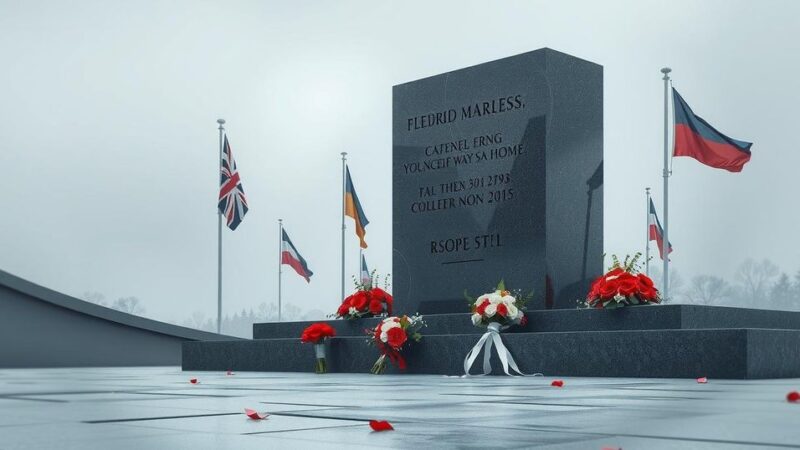The election for the IOC presidential position is concluding with significant unpredictability, as no candidate currently holds a clear advantage. The voting process will involve over 100 ballots and will require multiple rounds if no majority is achieved. Candidates are emphasizing their strengths while confronting pressing issues that the new leader will need to face. This election is expected to be a historic milestone for the Olympic Movement.
The race for the presidency of the International Olympic Committee (IOC) is intensifying, with no clear frontrunner as members prepare to vote this Thursday. This pivotal election occurs during the 144th Session in Costa Navarino, Greece, marking the last for outgoing president Thomas Bach. The significance of the decision looms large amid ongoing discussions among IOC members regarding the future direction of the Olympic Movement.
This election is marked by unpredictability, as noted by IOC Executive Board member Li Lingwei from China. He stated, “This is an intense election, and everyone is carefully evaluating their choices. Each candidate has their own strength.” Among the seven candidates, David Lappartient, president of the International Cycling Union, predicts the voting process will extend over multiple rounds, emphasizing the election’s competitive nature.
Juan Antonio Samaranch Jr., another prominent contender, highlighted the secrecy of the voting process, stating, “It’s very easy to mistake a smile for a vote, a friendship for a vote, a nice word for a vote.” He reaffirmed his commitment to campaigning right up until the moment of voting.
The election process will involve a secret ballot for over 100 votes, with successive rounds ensuring that a candidate must secure a majority to be elected. Sebastian Coe, president of World Athletics, declined to comment further, adding intrigue to the election, while Kirsty Coventry, the only female candidate, has been speculated as a potential successor to Thomas Bach.
Prince Feisal bin Hussein expressed his confidence, stating, “I’m in it to win it,” but acknowledged the unpredictable nature of the outcome. Other candidates, including Johan Eliasch and Morinari Watanabe, chose not to delve into projections.
The future IOC president will face challenges surrounding political neutrality, financial sustainability, and climate change impact, particularly with regard to the Winter Games. IOC member Martin Fourcade emphasized that the new president will require strong leadership and the ability to balance various interests.
As the election approaches, candidates are intensifying their efforts to secure undecided votes while members deliberate carefully. Li Lingwei remarked, “No matter who wins, this election will be a historic milestone for the Olympic movement.”
The upcoming IOC presidential election showcases the competitive landscape with no apparent frontrunner. Candidates are intensifying their final appeals, reflecting the significance of their potential leadership. The challenges awaiting the new president, including sustainability and political neutrality, underscore the need for visionary leadership in shaping the Olympic Movement’s future. Ultimately, the election results will be crucial for the IOC’s trajectory going forward.
Original Source: english.news.cn
